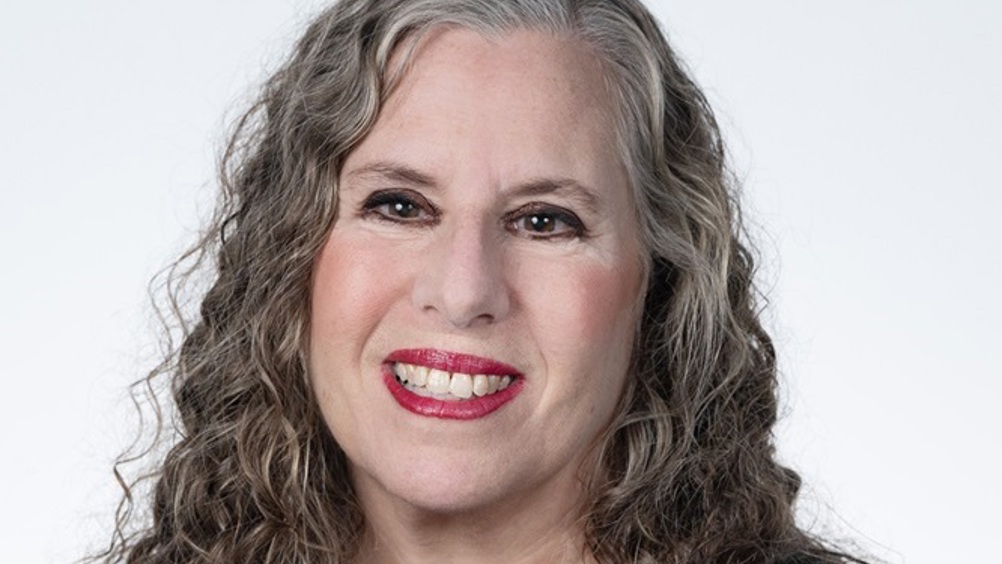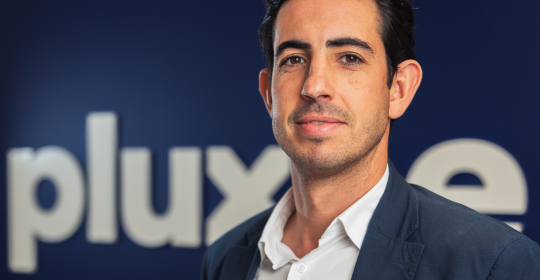There is so much noise going on in the DEI space. That’s why I was delighted to see new research showing that 60% of employees would either leave or seriously consider leaving their jobs if their employer rolled back on DEI commitments. If that’s not enough for the naysayers to understand that DEI is neither a trend nor a matter of compliance, then digging deeper into the research might be.
When you split the data amongst the generations, a different picture emerges. Gen Z is the generation most likely to quit over a rollback on DEI commitments (68%), followed by millennials (64%), and then a significant drop for Gen X (47%). With older millennials now already in leadership roles or moving into them and Gen Z close behind them, the decision makers of the future are telling us that DEI absolutely matters. When I first entered the workforce, you were lucky if you got paid at the end of the month and didn’t get shouted out along the way. I am relieved that those days are long gone. Employees now understand their rights, have agency, and require their relationship with their employer to be a two-way street, with work-life balance and the expectation of being treated respectfully, fairly and equitably.
The DEI evolution
It is great to see DEI moving away from tokenistic, piecemeal and performative initiatives that only scratch the surface towards a more mature approach. Integrating DEI into wider strategy and embedding it into business-as-usual activities highlights this. Organisations are now alive to the fact that compliance with the nine protected characteristics in the Equality Act is just the beginning. DEI is not a standalone function, but a central component of the employee experience and a subset of culture.
It’s encouraging to see employers now considering all manner of diversity. Of course, that includes protected characteristics in addition to any reason a human being may be discriminated against. This includes socio-economic background, gender identity, language, appearance, caregivers, those who have been in the care system and those who have been in the criminal justice system. However, diversity, importantly, is not just about non-discrimination. It’s about diversity in all of its guises, which extends to diversity of thinking, views, approaches, problem-solving and other dimensions of identity. Having a diverse team that reflects the customers you serve, and an inclusive culture, will ensure your products and services continue to be relevant and delight customers long into the future.
Culture is King
Everyone either in or seeking employment deserves to be part of an inclusive culture and work in a psychologically safe environment. All employees should feel valued and respected, able to contribute to the decisions that shape their working lives, and feel free to ask questions. Just as importantly, they should feel able to raise concerns, share their views, take risks, make mistakes, learn from them and show up as the wonderful individuals they are, without fear of judgement or recrimination.
At the centre of every great culture lies a clear set of values. These cannot be drafted in a boardroom and left to gather dust on the website – they must be lived and breathed across the organisation. Values must be operationalised into behaviours and be part of your organisation’s way of being, cascading from the top and present in every single interaction. They should flow through one-to-ones and team meetings and be measurable through employee surveys and 360° reviews. At the end of the day, your culture is the key to ensuring your DEI efforts have the breadth and depth required to be impactful, meaningful and sustainable.
DEI is good for business
When people feel a sense of belonging, safe and included, they perform at their best. Happy and harmonious teams are also high-performing and highly productive. They are more creative and innovative, keeping you ahead of the competition. They are also more loyal, leading to better employee retention and have lower absence levels. When the culture is right, you will also experience higher employee engagement and satisfaction and fewer employee relations issues, such as grievances, disciplinaries and disputes.
Inclusion is for everyone
It is vital for DEI work to ensure that marginalised people are treated equitably and have equal access to job opportunities, development, progression and promotion. However, it is also essential for employers to understand that inclusion is for everyone. Every single person in your organisation should have the tools, resources, guidance and support they need to thrive and flourish. Too many DEI initiatives ironically exclude, rather than include, those not in minority groups. If organisations want to be truly inclusive, then every single person in the organisation must play their part.
Attracting and retaining talent is, and will continue to be, both a challenge and an opportunity for employers. What is clear now is that people want and deserve more from their employer than they have ever done before. Having a diverse workforce, inclusive culture and a psychologically safe environment, where leaders live by and role-model the associated values and behaviours, is no longer a nice to have. It is a business imperative.






